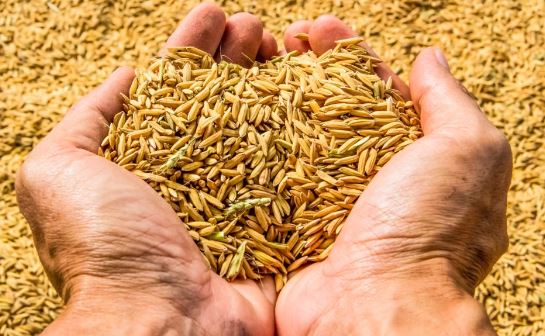New Delhi: The Cabinet Committee on Economic Affairs (CCEA) Wednesday approved an increase in the Minimum Support Prices (MSP) for all the mandated Rabi crops for the Rabi Marketing Season (RMS) 2022-23 with an aim to realign the MSPs in favour of oilseeds, pulses and coarse cereals.
This has been done to encourage the farmers to shift to larger area under these crops and adopt best technologies and farm practices to correct demand-supply imbalance, a Cabinet release said.
The government has increased the MSP of Rabi crops for RMS 2022-23 to ensure remunerative prices for the growers for their produce. The highest absolute increase in MSP over the previous year has been recommended for lentil (Masur), rapeseeds and mustard (Rs 400 per quintal each), followed by gram (Rs 130 per quintal).
In case of safflower, there has been an increase of Rs 114 per quintal in comparison to last year. The differential remuneration is aimed at encouraging crop diversification.
The increase in MSP for Rabi crops for RMS 2022-23 is in line with the Union Budget 2018-19 announcement of fixing the MSPs at a level of at least 1.5 times the all-India weighted average cost of production, aiming a reasonably fair remuneration for the farmers.
“The expected returns to farmers over their cost of production are estimated to be highest in case of wheat and rapeseed and mustard (100 per cent each), followed by lentil (79 per cent), gram (74 per cent), barley (60 per cent) and safflower (50 per cent),” the Cabinet release said.
Additionally, the National Mission on Edible Oils-Oil Palm (NMEO-OP), the centrally sponsored scheme recently announced by the government, will help increase the domestic production of edible oils and reduce imports dependency.
“With the total outlay of Rs 11,040 crore, the scheme will not only aid in expanding area and productivity of the sector, but also benefit the farmers by increasing their income and generation of additional employment,” the release said.
The Umbrella Scheme, Pradhan Mantri Annadata Aay SanraksHan Abhiyan (PM-AASHA), announced by the government in 2018 will aid in providing remunerative return to the farmers for their produce.
The scheme consists of three sub-schemes, i.e., Price Support Scheme (PSS), Price Deficiency Payment Scheme (PDPS), and Private Procurement & Stockist Scheme (PPSS), the release added.
IANS






































